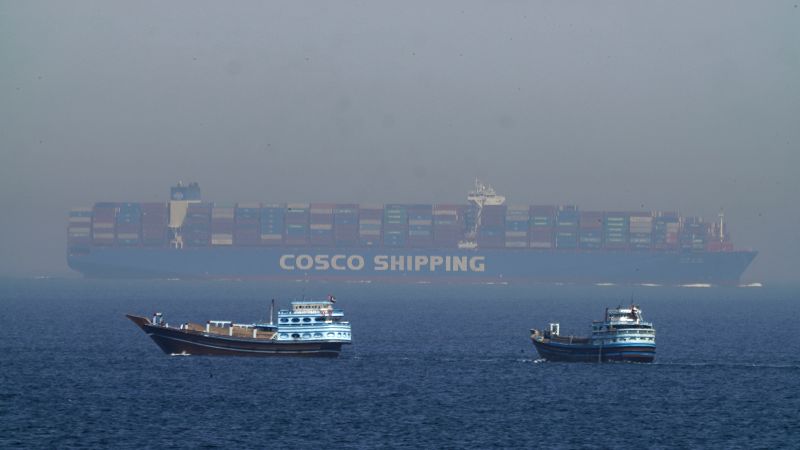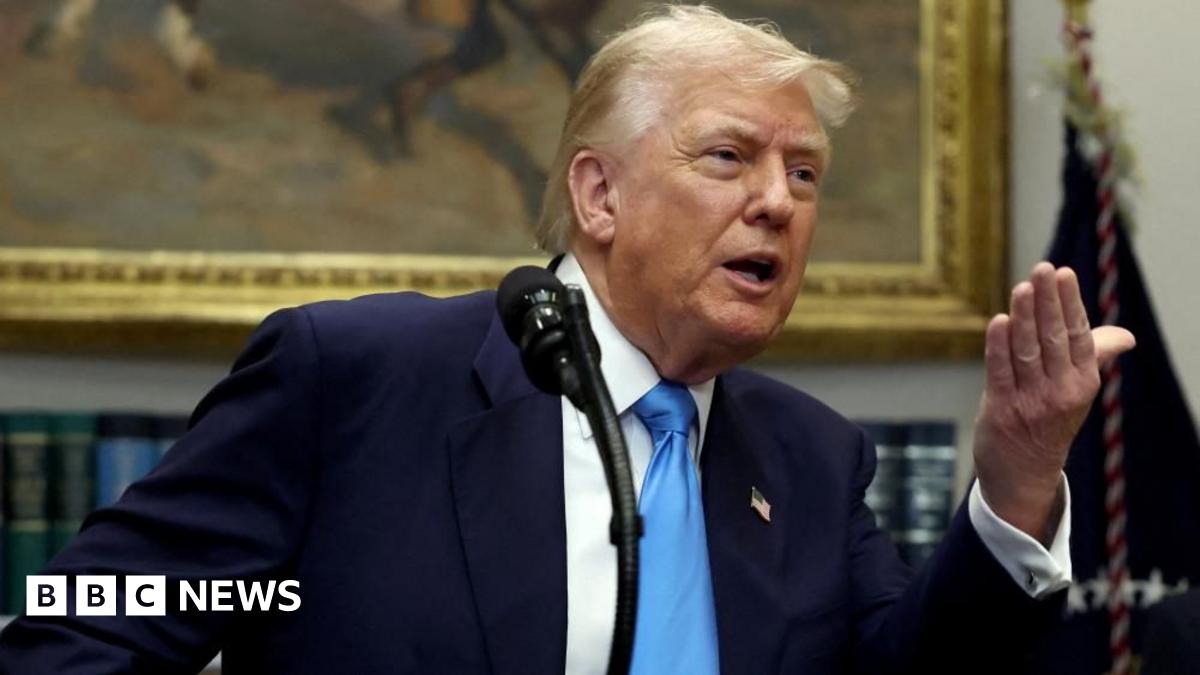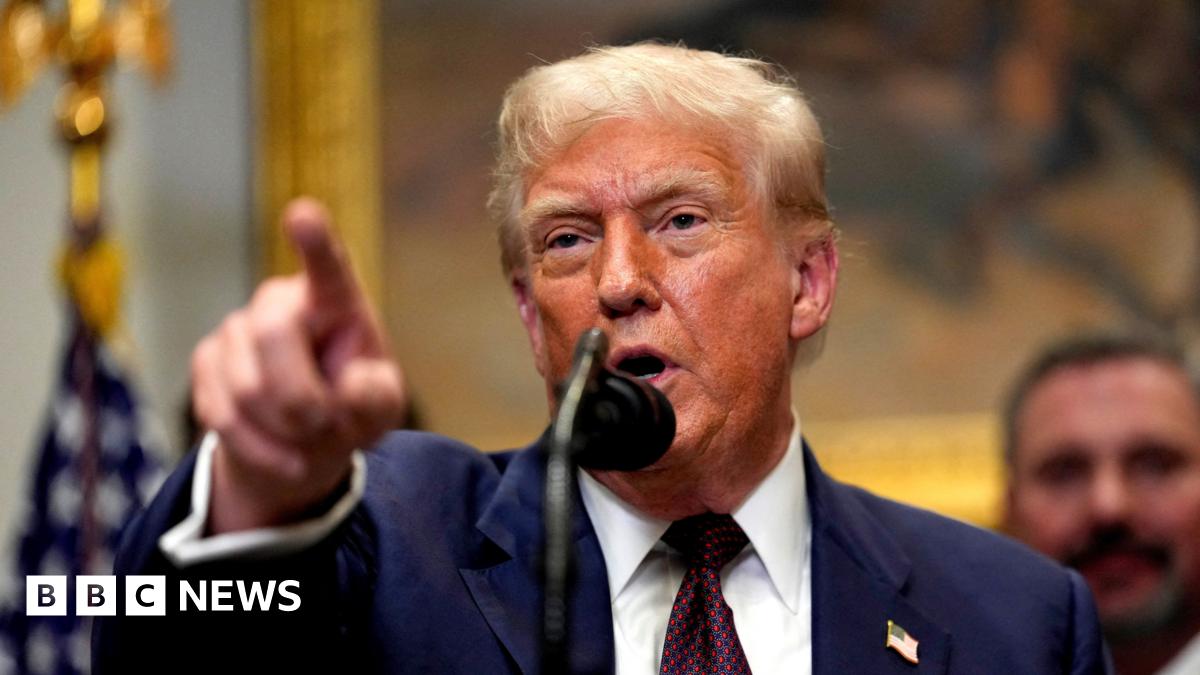What Happened
Recent military actions involving the United States and Iran have led to significant fluctuations in crude oil prices, primarily due to concerns over potential disruptions in the Strait of Hormuz. Following U.S. airstrikes on Iranian nuclear facilities, oil futures surged by approximately 10%, reflecting investor anxiety over Iran’s possible retaliation, which could include blocking shipping routes in this critical waterway. The Strait of Hormuz is a vital conduit for global oil transport, with about 20 million barrels of oil passing through daily, accounting for roughly one-fifth of the world’s oil supply.
In the immediate aftermath of these hostilities, Brent crude, the global benchmark, briefly exceeded $80 per barrel, marking its highest level since January. However, prices later retreated slightly, with Brent trading around $76.49 per barrel and West Texas Intermediate (WTI) at $73.38. Analysts suggest that the future trajectory of oil prices will largely depend on Iran’s response to the U.S. strikes and the stability of the Strait of Hormuz.
Key Details
- Strait of Hormuz: This narrow waterway is crucial for global oil shipments, with 20 million barrels of oil passing through daily. Iran controls the northern side of the strait.
- Oil Price Movements: Following U.S. airstrikes, Brent crude prices surged to over $80 per barrel before settling around $76.49. WTI prices also fluctuated, reflecting market volatility.
- Market Reactions: Stock markets in Asia and Europe experienced declines as investors reacted to the heightened geopolitical tensions. The Nikkei index fell by 1.5%, while other major indexes also reported losses.
- Geopolitical Context: Iran’s military capabilities and its relationships with neighboring oil-producing countries are critical factors in assessing the likelihood of a blockade in the Strait of Hormuz.
Multiple Perspectives
Opinions on the potential impact of these developments on oil prices and the global economy vary among analysts:
-
Concerns Over Supply Disruption: Some experts, like Rob Thummel from Tortoise Capital, warn that any disruption in the Strait could push oil prices toward $100 per barrel. This sentiment is echoed by Iranian officials who have suggested the possibility of closing the strait in response to U.S. actions.
-
Optimism About Market Resilience: Conversely, analysts such as Daniel Hynes from ANZ Research argue that the oil market is better equipped to handle shocks than in the past, citing spare capacity among exporters. They believe that while geopolitical tensions can cause short-term volatility, the market may stabilize quickly as risks subside.
-
Investor Sentiment: Adam Crisafulli from Vital Knowledge notes that despite the elevated geopolitical risks, investors are not panicking about a major oil market crisis. This perspective suggests a belief in the resilience of global oil supplies and the limited military options available to Iran.
Context & Background
The Strait of Hormuz’s significance cannot be overstated; it serves as a critical chokepoint for oil shipments from the Persian Gulf to global markets, particularly Asia. Countries like China, Japan, and India are heavily reliant on oil imports that transit through this waterway. In 2024, approximately 84% of crude oil and 83% of liquefied natural gas shipped through the strait was destined for Asian markets.
The recent escalation in U.S.-Iran tensions is part of a broader context of longstanding geopolitical conflicts in the Middle East. The U.S. has historically maintained a military presence in the region to ensure the security of oil supplies, which adds a layer of complexity to the current situation. The potential for military action or economic sanctions to impact oil flows is a critical concern for global markets.
What We Don’t Know Yet
Several uncertainties remain regarding the future of oil prices and geopolitical stability in the region:
- Iran’s Response: The specifics of how Iran will react to U.S. strikes remain unclear. Analysts are watching for any military or economic retaliation that could affect oil shipments.
- Market Reactions: While current market sentiment appears stable, the potential for sudden shifts in investor confidence based on new developments is high. The degree to which geopolitical risks will influence oil prices in the coming weeks is still uncertain.
- Global Economic Impact: The broader implications for global economies, particularly those heavily reliant on oil imports from the Middle East, are yet to be fully assessed. Countries like Japan and India have expressed concerns about their energy security, but their strategies for diversification may mitigate some risks.
In conclusion, the interplay of military actions, geopolitical tensions, and market dynamics will continue to shape the landscape of crude oil prices and global economic stability in the near future.





